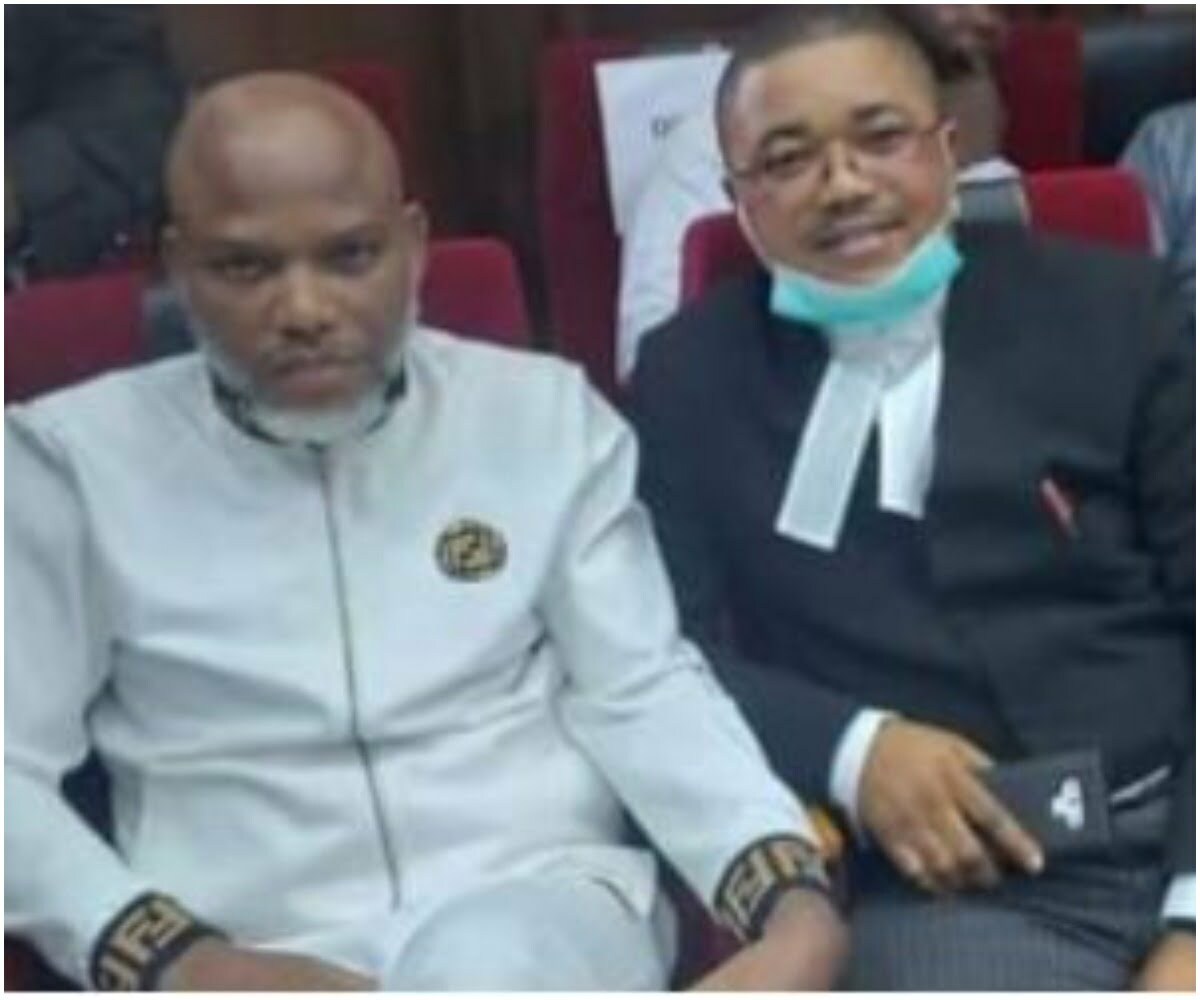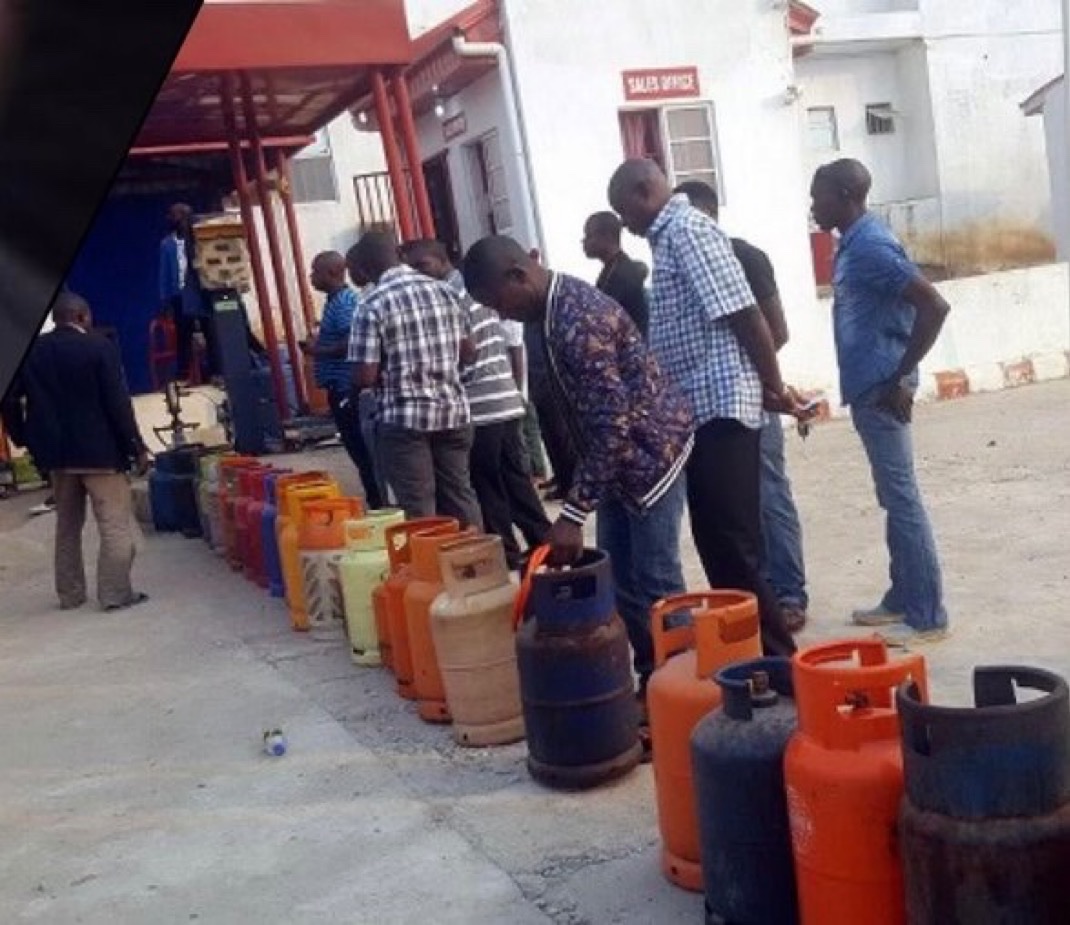In a high-stakes legal maneuver, Nnamdi Kanu, leader of the proscribed Indigenous People of Biafra (IPOB), has applied to the Court of Appeal in Abuja to halt further proceedings in his terrorism trial. He’s asking the appellate court to stop the Federal High Court in Abuja from delivering its judgment — which is scheduled for November 20, 2025 — until fundamental issues around jurisdiction are resolved.
Kanu’s legal team argues that the trial court bypassed critical constitutional questions, including whether the court had proper jurisdiction over the case. He insists that the Terrorism Prevention and Prohibition Act under which he’s charged was wrongly applied, claiming that it had been repealed.
The Crux of the Jurisdictional Challenge
At the center of Kanu’s motion is an argument that goes to the very heart of legal authority. He is alleging that the Federal High Court erred by refusing to rule on his earlier objections about whether it even had power to try the case. According to him, this failure violates his right to a fair trial and denies him a proper opportunity to defend himself.
He also claims that the earlier no-case submission he made — which argued that the charges were not valid — wasn’t properly considered. If the Court of Appeal does not intervene, he warns, he could be wrongfully convicted under a defective legal framework.
Legal & Constitutional Stakes
Kanu’s move raises serious constitutional questions. He asserts that parts of his trial rely on statutes that are no longer in force, which, if true, would render those portions of the prosecution void. He’s asking the Supreme Court to review and potentially overturn its own prior judgment — one that remitted his case back to the Federal High Court — on the basis that the original decision lacked legal foundation.
He also wants an extension of time to apply for a review of the judgment, claiming that past conditions of his detention prevented him from fully accessing his case files until recently.
Broader Legal Drama: Judge Reassignments & Venue Arguments
Kanu’s legal fight isn’t limited to jurisdiction. His lawyers have pushed for substantial changes in how and where his case is being heard:
- They’ve called for the trial to be moved from Abuja to a court in the South-East, arguing that the alleged offenses are more connected to that region.
- There has been a long-running dispute over the judge presiding over his trial. Justice Binta Nyako recused herself, but the case was reassigned back to her — which drew sharp objections.
- Eventually, the Federal High Court’s Chief Judge reassigned the case to a new judge, following pressure from Kanu’s legal team.
What This Means If the Appeal Court Agrees
If the Court of Appeal grants Kanu’s request:
- The judgment scheduled for November 20 could be delayed, buying time for the appellate process to play out.
- Key constitutional issues — like whether the court has jurisdiction or whether the applicable terrorism law is valid — may be fully litigated before a final decision.
- A favorable ruling for Kanu could undermine part or all of the current prosecution strategy, potentially forcing the government to reconsider how to proceed.
If the appeal court rejects his application, however, the Federal High Court could proceed with its judgment as planned — placing Kanu’s legal future, and that of IPOB’s leadership, in an even more precarious position.



